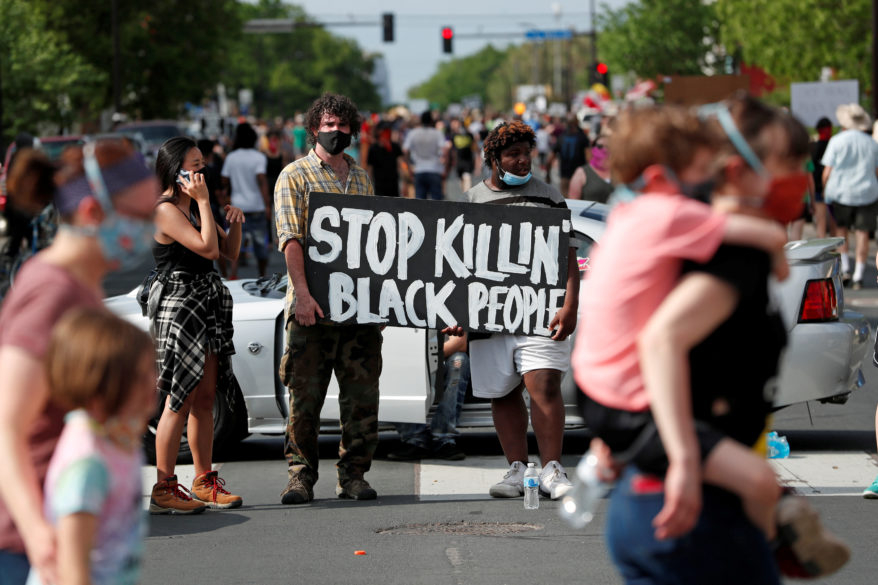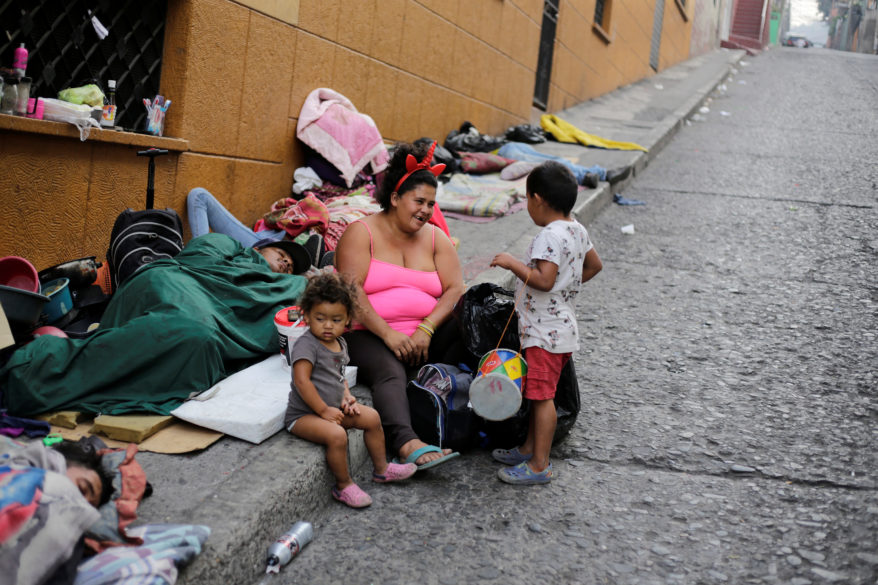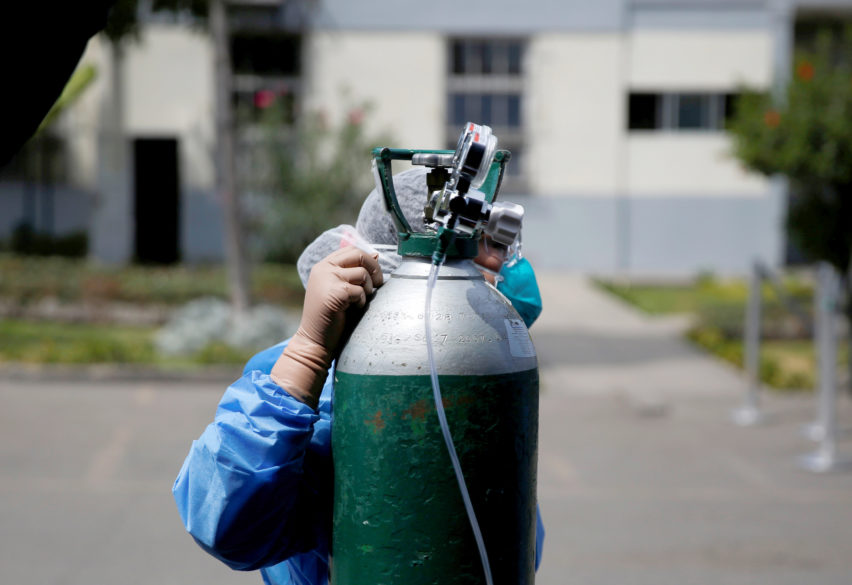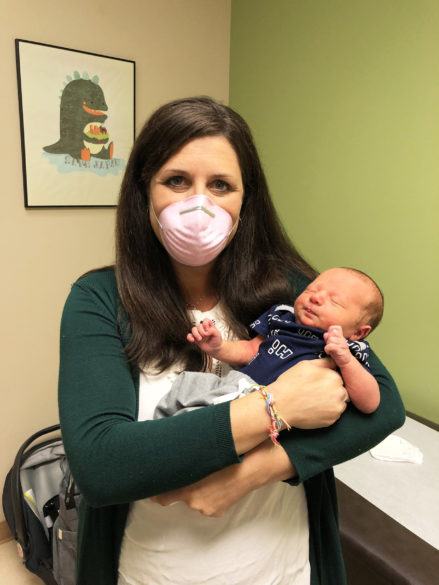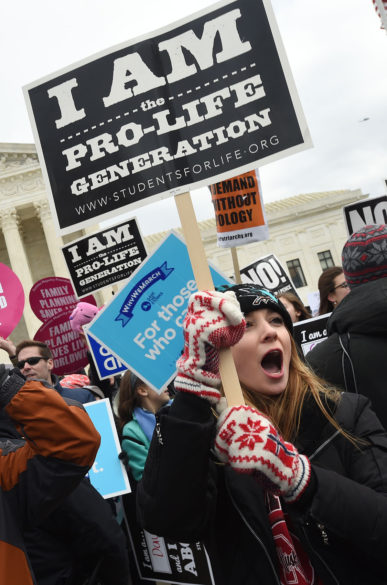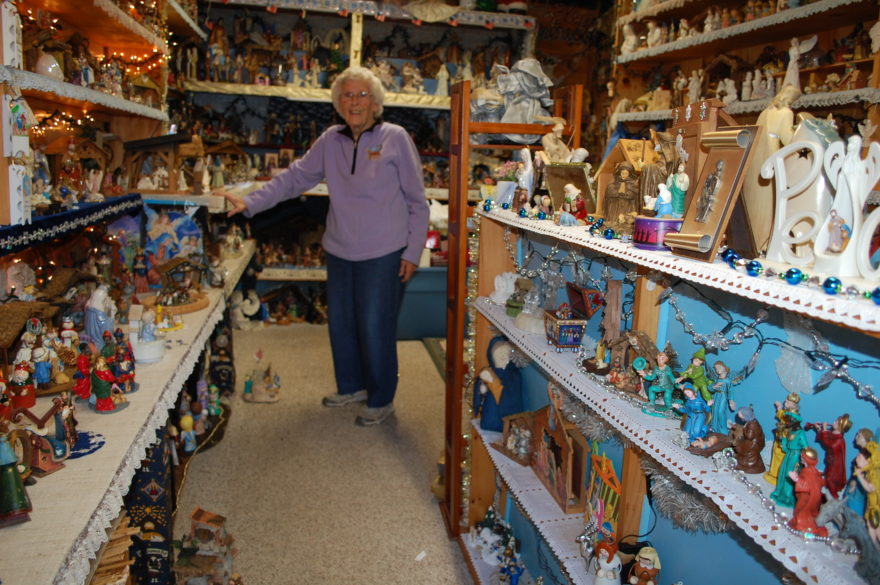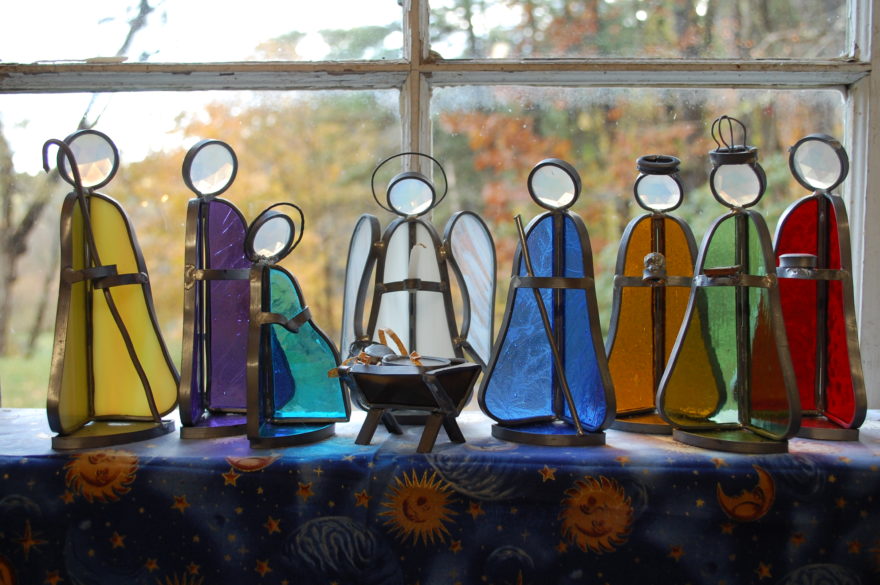By Mary D. Dillard
BIRMINGHAM – The Diocese of Birmingham’s wait for a new shepherd came to a end Wednesday, June 23. The Mass of Installation for Bishop Steven J. Raica was celebrated at the Cathedral of St. Paul in downtown Birmingham.
Unlike the night before during solemn vespers, the sun was shining brightly as the clergy lined up outside the cathedral to begin the procession. Once all the clergy and servers were inside, the doors to the cathedral were closed so Bishop Raica could make the ceremonious knock. With the custom hammer, hand-made by Cathedral employee Philipp Szabo, Bishop Raica knocked on the door three times, after which Archbishop Thomas Rodi, Metropolitan of the Mobile Province, opened the door and welcomed Bishop Raica. Following his entrance, the bishop-elect venerated the crucifix held by Father Bryan Jerabek, pastor and rector of the Cathedral of St. Paul, then blessed those in the narthex with holy water.
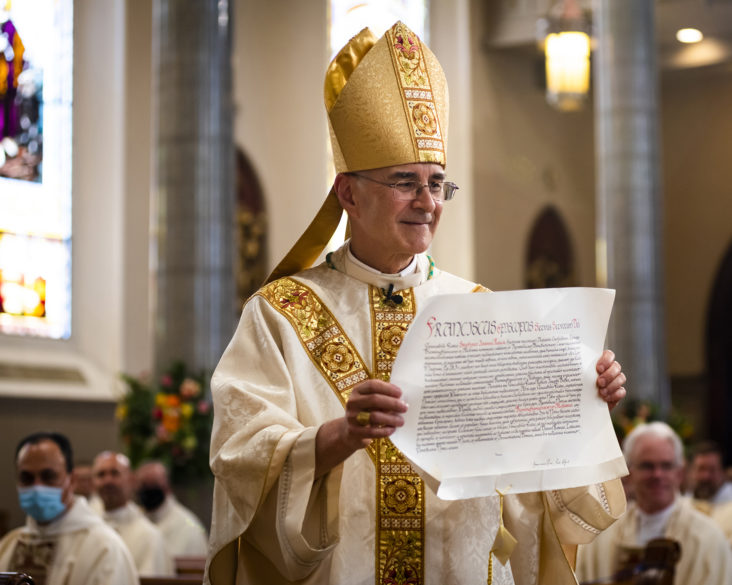
Archbishop Rodi greeted all those present and thanked Bishop Emeritus Robert Baker for his service to the Church in Birmingham. He then asked Archbishop Christophe Pierre, Apostolic Nuncio to the United States, to read the Apostolic Letter of Appointment. After the letter was read, it was handed to Bishop Raica who carried it throughout the cathedral for all those present to see. The last part of the Rite of Installation followed with the nuncio and the archbishop walking Birmingham’s new bishop to his Cathedra, or bishop’s chair. Archbishop Rodi then handed a smiling Bishop Raica the crosier of Bishop Joseph Vath, Birmingham’s first bishop.
Concelebrating bishops included Bishop Earl Boyea of Lansing, Bishop Kurt Burnette of the Byzantine Catholic Eparchy of Passaic, Bishop Mark Spalding of Nashville, Bishop Richard Stika of Knoxville, Bishop David Talley of Memphis, Bishop Joseph Kopacz of Jackson, Bishop Louis Kihneman of Biloxi, Bishop William Wack of Pensacola-Tallahassee, and Bishop Emeritus Baker.
Keys to a Christian life
Birmingham’s new bishop began his homily welcoming those present and acknowledging those unable to physically attend due to current pandemic restrictions. He also took the opportunity to thank Bishop Emeritus Baker for his “tenure of faithful episcopal ministry” in the Diocese of Birmingham. Of Bishop Baker, he said, “The priests, deacons, religious and faithful of Birmingham have been truly blessed by your dedication to ministry and your steadfast discipleship with Christ our Lord! I can already see that I have some big shoes to fill!”
He went on to assure the faithful that he is committed to being their shepherd “for better, for worse, in sickness and in health.” As he continued, Bishop Raica highlighted three “keys” to help the Church of Birmingham “unlock the precise meaning” of the day.
The first key the bishop focused on was the “yes” that is required as witnessed through Mary, the Mother of Christ, and Mother of the Incarnate Word. He reflected on the “yes” saying, “The formal announcement of my transfer from Gaylord to Birmingham occurred on March 25, the Solemnity of the Annunciation … That announcement by the Archangel Gabriel to Mary is one of the most significant, and I dare say, the most revolutionary events in Christian history. No longer did we have to try to go and find God somewhere in the heavens, as if everything depended on our reaching out to a Mystery hoping that we might catch a glimpse of God. Rather, we are told, ‘The Word became Flesh.’ God’s Son, took our flesh. He came to find us!”
Bishop Raica expanded on his reflection by highlighting that Mary’s “yes” and subsequent conception of Jesus “opened for us a relationship that is now unbounded by time and dimension, but a reality that confronts us day in and day out.” He continued, “It allows us to see that a relationship with a person, whose voice we can know, invites us to know that our humanity is profoundly loved beyond anything we could ever imagine. It has profound dignity because each human being – especially in light of our recent civil turmoil and unrest, reflects the very image and likeness of God regardless of our age, whether we are unborn or in our waning years, the color of our skin or economic status. All are part of the one human family with a mosaic of experiences and cultures.”
The second key mentioned was “looking” for Christ. With the Mass of Installation being celebrated as a votive Mass of St. John the Baptist, Bishop Raica noted the saint’s words from the Gospel of John, “Look, there’s the Lamb of God who takes away the sins of the world.” The bishop stressed that in any form of evangelization, the very first word is “look.” In fact, the bishop said that we must open our eyes, ears, minds, and hearts, for the “One you have been waiting for … is here!”
The last key of “going forth on mission” is exemplified by the patron of the Diocese of Birmingham, St. Paul. It was Paul who became an ardent evangelist and his life has “become a point of reference in mission.” Bishop Raica told the faithful that as Paul proclaimed Christ, “So must we.” “Our faith doesn’t settle for minimums, but for real total engagement with reality. May we be bold to live up to the noble calling of becoming truly ourselves, what God has planned and purposed for each of us – people who are redeemed, joyful, fulfilled, and free,” he proclaimed.
Bishop Raica concluded his homily by bringing together the three keys that he says will “open the door for a fruitful life as a Christian here in the Diocese of Birmingham.” “To say ‘yes’ to God’s invitation, to ‘look’ and see Christ around us as the answer to our hearts’ deepest longing; and, to ‘go’ out and embark on a mission of witnessing God’s love by our lives … becoming a ‘missionary disciple’ offering hope to a world marred by violence, hate and lack of respect for others. That is a noble mission and one we should not shirk from each and every day, leaving a unique mark behind that says – through me, one could see Christ, know Christ and experience Christ’s love. A ‘yes’ to God’s invitation, to ‘look’ and see Christ around and with us, and ‘going out’ on mission. May God provide us with the grace and strength to live for Him each and every day!”
Bishop Raica succeeds Bishop Emeritus Robert J. Baker, who served the Diocese of Birmingham since October of 2007. Bishop Raica was born Nov. 8, 1952, ordained a priest Oct. 14, 1978, named as an Honorary Prelate of His Holiness in 1998, ordained and installed as Bishop of Gaylord, Michigan Aug. 28, 2014, and appointed Bishop of Birmingham March 25, 2020.

